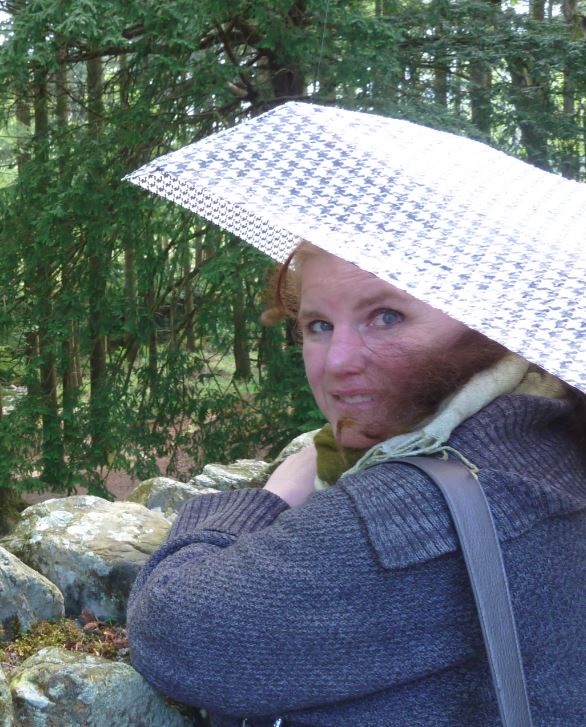We discussed utopias a little bit at Arwen’s Fare Thee Well party. What does it take to make a utopia work? In this book, no heros or mighty leaders. Just a small number of people who all have the same values. But once someone is introduced who doesn’t want to play by the same rules, things fall apart.
For that reason, this fragile and loving social structure, with its dog-drawn carts, and arrowheads beaten from pennies and dimes, was bittersweet. My favorite part considered the past: “So in the first years work and play mingled always and there were not even the words for one against the other. But for centuries flowed by and then more of them, and many things changed. Man invented civilization, and was inordinately proud of it. But in no way did civilization change life more than by sharpening the line between work and play, and that last division came to be more important than the old one between sleeping and walking. Sleep came to be thought as a kind of relaxation, and “sleeping on the job,” a heinous sin. The turning out of the light and the ringing of the alarm clock were not so much symbols of man’s dual life as were the punching of the time-clock and the blowing of the whistle. Men marched on picket-lines and threw bricks and exploded dynamite to shift an hour from one classification to the other, and other men fought equally hard to prevent them. And always work became more laborious and odious, and play grew more artificial and febrile.”
The author was an interesting guy. Stewart, who was born in 1895 and died in 1980, was a professor at Berkeley, a specialist in the etymology of place-names.
It’s hard to draw a delineated writing lesson from this book. His characters behaved in a very realistic way about their situation, and toward one another. I think this realism lent itself to making the story memorable because otherwise, the characters were not drawn as deeply as I would have liked.

 RSS Feed
RSS Feed